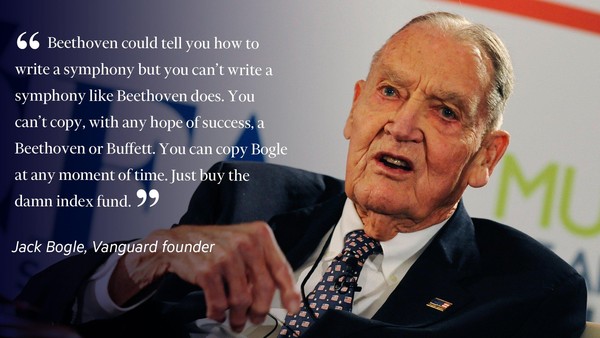Survivorship bias should not be overlooked, in my opinion it is the
single greatest fallacy in investing.
It revolves around the tendency for failed companies to be excluded from performance studies due to the fact that they no longer exist. Survivorship bias causes the results of studies to skew higher because only companies which were successful enough to survive until the end of the period are included. Similarly, mutual fund performance may be misleading due to Survivorship bias when underperforming funds are merged or discontinued.
Here's an incredible article which vividly explains the pitfalls of Survivorship bias, and not just in investing. While I'm sure most here won't spend the 15 minutes or so reading it, I'd rather not spoil the stories! I'll just give the opener as a teaser:
 http://youarenotsosmart.com/2013/05/23/survivorship-bias/
http://youarenotsosmart.com/2013/05/23/survivorship-bias/Here's what survivorship bias looks like:



When we are pouring over the data to determine why a particular strategy (either backtested, or in a fund) outperformed over a specific time period...we are implicitly making an assumption...that this strategy is special. After all, almost all of the other strategies failed, why did this one win? There must be some
special property it exploited.
I believe this assumption is a logical fallacy.
A Random Walk Down Wall Street has a relevant example. Take a large number of people, and ask them to flip a coin. If they flip heads they win, tails and they're eliminated from the game. After the first flip, about half the people will be eliminated. Then ask them to flip again, and again, and again. After 10 flips, only a select few people will be left. Are these people "lucky"? Are they "skilled".
Would anything be gained by spending time studying their coin flipping strategy?Interestingly enough, the article linked above has the same example as the book:

"The mentalist Derren Brown once predicted he could flip a coin 10 times in a row and have it come up heads every time. He then dazzled UK television audiences by doing exactly that, flipping the coin into a bowl with only one cutaway shot for flair. How did he do it? He filmed himself flipping coins for nine hours until he got the result he wanted. He then edited out all the failures and presented the single success."
------------------------------------------
It is easy to fall victim to the Survivorship Bias. After any process that leaves behind survivors, the non-survivors are often destroyed or muted or removed from your view. If failures becomes invisible, then naturally you will pay more attention to successes. Not only do you fail to recognize that what is missing might have held important information,
you fail to recognize that there is missing information at all.
------------------------------------------
In other words, considering the large initial sample size, studying any one particular strategy, and trying to peel out the "why" behind its results, is an effort in futility. Studies have shown time and time again, that funds which outperform over a particular time period, show no increased likelihood of outperforming over the next time period. There was actually a slight
negative correlation, implying a reversion to the mean was in play.
In fact, the number of people/strategies/funds who beat the market, is statistically consistent with the number you would expect if the market were a game of random chance.

This article should be required reading for any investor, as it highlights the mentality you need to be successful, and stay the course. You must remind yourself that when you start to pick apart winners and losers, successes and failures, the living and dead, that by paying attention to one side of that equation you are always neglecting the other. If you are thinking about opening a restaurant because there are so many successful restaurants in your hometown, you are ignoring the fact that only successful restaurants survive to become examples. Maybe on average 90 percent of restaurants in your city fail in the first year. You can’t see all those failures because when they fail they also disappear from view.
As Nassim Taleb writes in his book The Black Swan, “The cemetery of failed restaurants is very silent.” Of course the few that don’t fail in that deadly of an environment are wildly successful because only the very best and the very lucky can survive. All you are left with are super successes, and looking at them day after day you might think it’s a great business to get into
when you are actually seeing evidence that you should avoid it.
